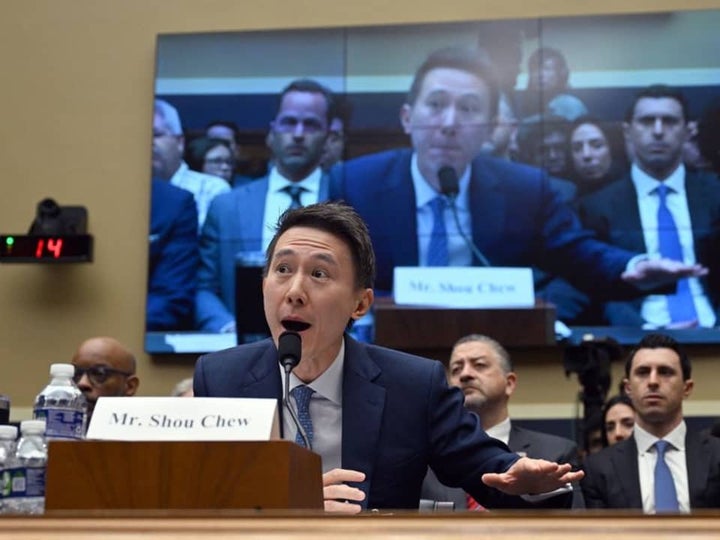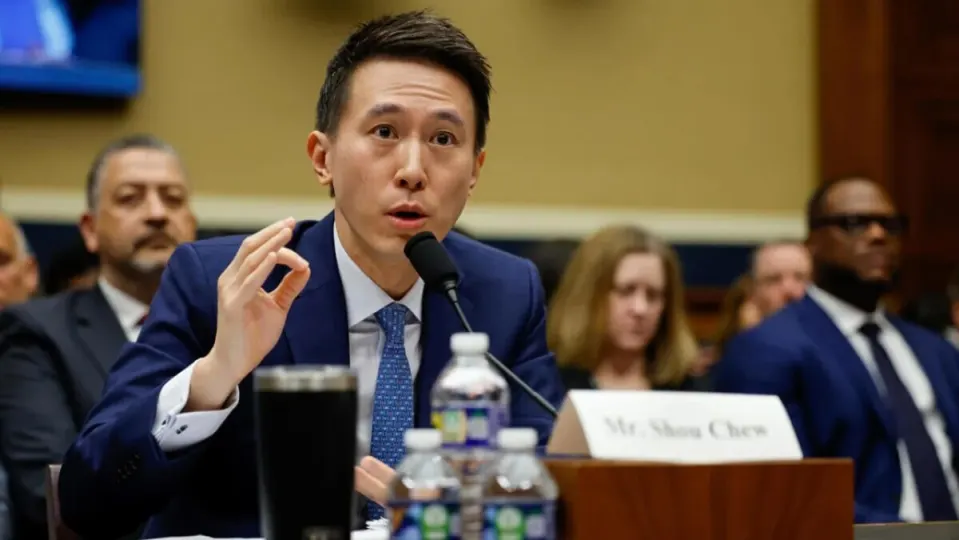Yesterday took place the expected hearing of Shou Zi Chew, CEO of TikTok, in the United States Congress. A day that the company’s leader should have well marked on his calendar, as it could mean a before and after in TikTok’s relations with the United States, even assuming its future ban in the country or its forced sale to a U.S. company.
In a subpoena that took place before members of the House Energy and Commerce Committee, the opening statement by Chairwoman Cathy McMorris-Rodgers set the tone that would follow the rest of the hearing. “Your platform should be banned. I expect her to say anything today to avoid this outcome,” the Republican said in remarks picked up by The Verge.
Founded by Chinese entrepreneur Zhang Yiming, ByteDance, TikTok’s parent company, has found itself between a rock and a hard place with the U.S. government since shortly after the app’s big boom in the United States. Both former President Donald Trump and other politicians, from both the Republican and Democratic parties, defended or continue to defend that TikTok poses a threat to national security by allegedly sharing U.S. user data with the Chinese government.
Serious allegations that Chew himself denies and for which so far no evidence has been found, as he noted at the hearing: “TikTok has never shared, nor received a request to share, U.S. user data with the Chinese Government. Nor would TikTok honor such a request if it were ever made.”
“I think a lot of the risks that are pointed out are hypothetical and theoretical,” the entrepreneur said. “I have not seen any evidence. I look forward to discussions where we can talk about evidence, and then we can address the concerns that are being raised.”

Statements that failed to convince many of TikTok’s detractors, such as the Democratic senator and chairman of the Senate Intelligence Committee, Mark Warner. The man also responsible for introducing the bill that could ban TikTok in the United States told The Verge that tools like TikTok “are very, very powerful”.
The senator also re-emphasized one of the theories once held by the Trump administration, that social networks like TikTok could lead to foreign interference in the United States: “I’m not saying they’re doing it right now. But why would we wait for President Xi and China to say, ‘I’m ready to pull the trigger and invade Taiwan’?”
But TikTok has a hard time defending its position because of several precedents that have sullied the company’s name. Among them, several investigations by different U.S. media outlets found that certain ByteDance employees spied on U.S. journalists. In addition, several studies have pointed out the potential dangers of its algorithm, especially with younger users.
Chew also took the opportunity to compare his case to that of Facebook/Meta, noting that U.S. companies have also had problems with user data management: “With a lot of respect, U.S. social companies do not have a good track record with data privacy and user security. Just look at Facebook and Cambridge Analytica, to give one example.”
A hearing that does not seem to have served to change the minds of many of the politicians present in the room and would bring the possible banning of TikTok even closer. Will we see any strategic move by the company to avoid its dismal future in the American country?
Some of the links added in the article are part of affiliate campaigns and may represent benefits for Softonic.


